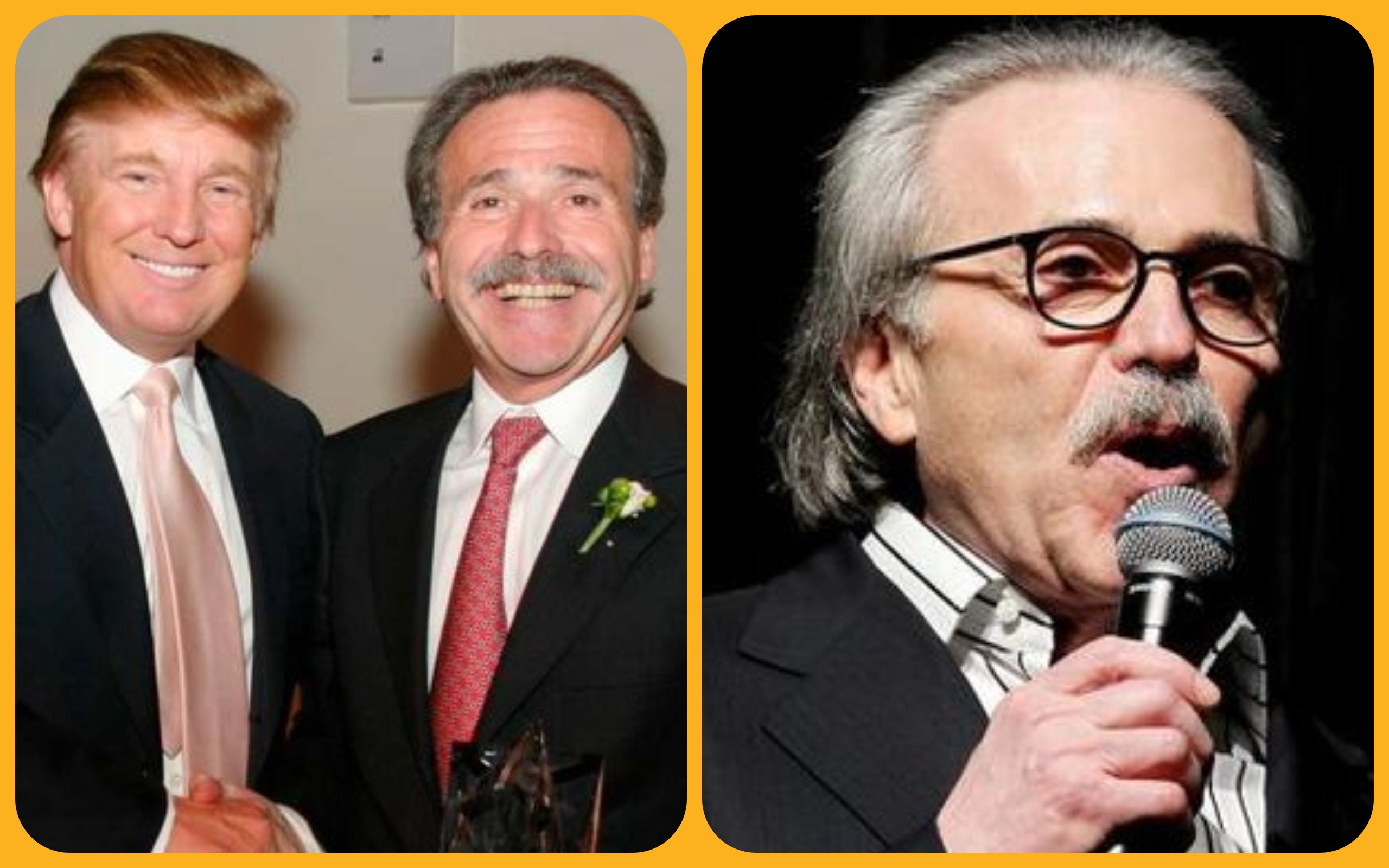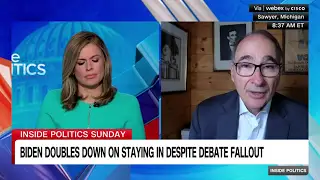In the labyrinthine realm of media moguls, few names evoke as much intrigue and disdain as David Pecker, the erstwhile chieftain of the National Enquirer. A figure ensnared in controversy, Pecker’s journey from sleazy dealmaker to courtroom informant has left a trail of skepticism and unanswered questions, particularly in his entanglement with former President Donald Trump.

The saga begins with a name that seems tragically fated for ridicule, inviting speculation about the formative years of a young Pecker enduring the barbs of adolescence. Yet, beyond the veil of jest lies a darker narrative, one intertwined with the ethical abyss of tabloid journalism and the allure of power.
Central to the enigma surrounding Pecker is the perplexing question: why? What impelled him to jeopardize his career and reputation to bolster Trump’s ambitions? The clandestine “catch and kill” scheme, meticulously orchestrated to bury damaging stories about Trump’s alleged affairs, stands as a testament to Pecker’s unwavering loyalty—or perhaps his calculated self-interest.

During his testimony, Pecker alluded to Trump as a “mentor,” a revelation juxtaposed against the courtroom drama unfolding mere feet away from the subject of his testimony. Could it be that Pecker harbored aspirations of White House patronage, envisioning himself as an esteemed guest in the corridors of power?
The National Enquirer, under Pecker’s stewardship, became a purveyor of falsehoods, peddling narratives knowingly divorced from reality. As revelations emerged, it became evident that Pecker, along with his cohorts Dylan Howard and Lachlan Cartwright, orchestrated a symphony of deceit, manipulating public perception with fabricated tales.
Recollections of fabricated headlines depicting Hillary Clinton’s purported health crises evoke incredulity and outrage. The Enquirer’s audacious fabrications, including salacious accusations of lesbian affairs and imminent demise, underscore the depths to which tabloid journalism descended under Pecker’s reign.
Yet, amidst the maelstrom of deceit, a glimmer of journalistic integrity emerges—an exposé on John Edwards’ extramarital affair, a fleeting moment where truth pierced the veil of deception. Is Pecker’s saga emblematic of modern media’s descent into moral ambiguity, or an aberrant tale of avarice and idolatry?
Ultimately, the distinction between reputable journalism and sensationalist tabloids blurs in the public consciousness, a casualty of the digital age’s relentless deluge of information. Peeker’s narrative serves as a cautionary tale, a reminder of the precarious nexus between power, media, and truth.
In a landscape fraught with misinformation and manipulation, the specter of David Pecker looms large—a reminder of the inherent perils lurking within the hallowed halls of journalism. As the dust settles on his ignominious legacy, one cannot help but ponder the disquieting thought: do we, as purveyors of information, unwittingly tread the same path as Pecker, or do we chart a course towards integrity and accountability?












Discussion about this post